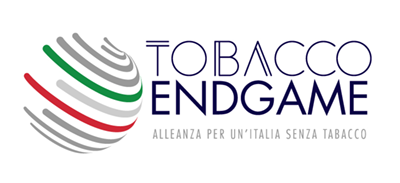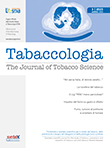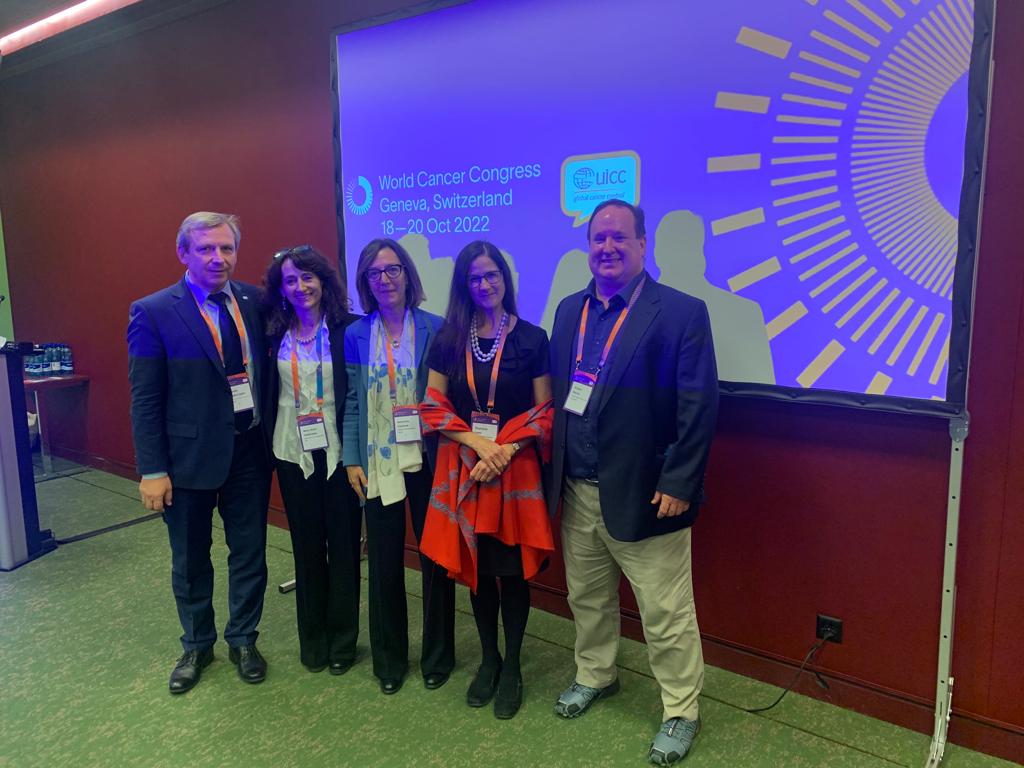|
Rassegna Stampa Scientifica Dicembre 2023
|
“France’s national assembly has unanimously approved a bill to ban single-use, disposable e-cigarettes. The move is an attempt to protect young people drawn to their flavours, and to mitigate the environmental impact of the disposable products, known in France as “puffs”. Legislators adopted the bill in a late-night vote on Monday with 104 in favour, zero against. The bill, supported by the government, will then move to the senate where it is expected to be adopted as well. It could go into effect by September 2024.” [Neil Shaw. Disposable vapes banned in France by unanimous vote, Wales Online; See also: E-cigarettes: France backs bill to ban disposable vapes, BBC News; En français: Interdiction de la « puff » : l’Assemblée adopte un texte pour bannir les cigarettes électroniques jetables en 2024, L’Obs; Puffs : l’Assemblée nationale vote l’interdiction de ces cigarettes électroniques jetables, Libération]
“The UK tobacco industry is lobbying the Government to raise the smoking age from 18 to 21 instead of the outright ban planned by Rishi Sunak, i can reveal. Multiple industry sources have said they are keen to strike a deal on raising the permitted smoking age as a compromise, replacing the proposed ban on sales to future generations. i can also reveal fierce lobbying of MPs to push back against the prohibition law, in the wake of New Zealand U-turn on its own similar policy… [T]he scale of back-channel influence demonstrates the difficulties the Government faces in getting an outright ban into legislation for England before the next election.” [David Parsley, Richard Vaughan. Inside Big Tobacco’s campaign to block Rishi Sunak’s smoking ban, i News]
"New Zealand's new government says it plans to scrap the nation's world-leading smoking ban to fund tax cuts. The legislation, introduced under the previous Jacinda Ardern-led government, would have banned cigarette sales next year to anyone born after 2008. Smoking is the leading cause of preventable deaths in New Zealand, and the policy had aimed to stop young generations from picking up the habit. Health experts have strongly criticised the sudden reversal. "We are appalled and disgusted... this is an incredibly retrograde step on world-leading, absolutely excellent health measures," said Prof Richard Edwards, a tobacco control researcher and public health expert at the University of Otago... Public health modelling conducted in 2022 had shown the Smokefree policy would have saved New Zealand's health system about NZ$1.3bn (£630m; $790m) over the next 20 years." [Frances Mao. New Zealand smoking ban: Health experts criticise new government's shock reversal, BBC News. See also: New Zealand’s New Government Says It Will Scrap Smoking Ban, New York Times; Tova Podcast: National will have deaths of 8000 Kiwis on their hands – Labour, Stuff (NZ)]
“The UK's leading vape brand Elfbar and its sister brand Lost Mary say they will drop dessert and soft drink flavours, which have been criticised for appealing to children… The government consultation on new rules for vapes closes on 6 December. The dazzling range of flavours have helped to turn disposable vapes into a market worth billions of pounds in a few short years, with Elfbar and Lost Mary taking the lion's share. They're both owned by the Chinese firm Shenzhen iMiracle Technology. Elfbar has already dropped Bubble Gum, Cotton Candy, and Rainbow Candy flavours, with more expected to follow. Gummy Bear was (sic) been renamed Gummy, and is now called Gami… Councils have called for an outright ban on disposable vapes, saying that as well as appealing to children, they cause a litter problem and a fire hazard.” [Ben King. Elfbar: Top vape firm drops sweet flavours over appeal to kids, BBC News; See also: Elf Bar vape adverts banned in UK over ‘greener’ recycling claims, The Guardian]
“Lung cancer kills more than 130,000 Americans a year, more than any other cancer. But that number need not be so high. Health officials could significantly reduce the toll of the disease simply by increasing screening for it. Only about 1 in 4 cases of lung cancer are diagnosed in early stages. Why? A key reason is that the screening rate is abysmally low… Updated guidelines from the American Cancer Society (ACS) seek to increase the number of people who qualify for such screenings… It’s common knowledge that the top risk factor for lung cancer is cigarette smoking, which is linked to 80 to 90 percent of lung cancer deaths… ACS previously recommended annual screenings for 55-to-74-year-olds with at least a 30-pack-year smoking history and who quit smoking less than 15 years ago. The new guidelines made several key changes, including widening the age parameters to between 50 and 80 years, lowering the smoking history to 20 pack-years and eliminating the “years since quitting” metric.” [Leana S. Wen. More people need to be screened for lung cancer, Washington Post]
“Twenty-nine individuals from across the globe participated in the study. They reported several forms of intimidation including attacks in the media; online harassment; legal threats; non-legal threats, including death threats; Freedom of Information requests; perceived or actual surveillance; as well as burglary and theft. Responses included non-action (i.e. ignoring attacks); withdrawal (i.e. abandoning a project, area or field); defensive adaptation, for example through self-censorship; and offensive measures, including exposing attacks or filing complaints.”
“They try to suppress us, but we should be louder”: a qualitative exploration of intimidation in tobacco control
Globalization and Health volume 19, Article number: 88 (2023)
Published: 16 November 2023
Britta K Matthes, Raouf Alebshehy & Anna B Gilmore
https://globalizationandhealth.biomedcentral.com/articles/10.1186/s12992-023-00991-0
Note: Open Access.
“Of the 134 studies, 56.3% (49/87) of the industry-affiliated studies versus 19.1% (9/47) of nonindustry-affiliated studies concluded that HTPs [Heated tobacco products] were more desirable than CC [conventional cigarettes] (p < .01)… Implications: Tobacco industry advertises HTPs as “reduced-harm” tobacco products compared to CC. HTP users tend to consider HTPs as alternative tobacco products less harmful than CC (ie, products for “harm reduction”). Our results demonstrated that papers written by tobacco industry-affiliated authors concluded that HTPs were more desirable than CC compared to papers by independent authors. However, all their judgments were based on surrogate outcomes. Surrogate outcomes are not necessarily linked to clinically relevant outcomes such as disease occurrence.”
Comparison of Publications on Heated Tobacco Products With Conventional Cigarettes and Implied Desirability of the Products According to Tobacco Industry Affiliation: A Systematic Review
Nicotine & Tobacco Research, ntad205.
Published: 10 November 2023
Harumitsu Suzuki, Naoki Aono, Yan Zhang, Kuniko Yuri, Maggy Audrey Murielle Bassole Epse Brou, Shigeki Takemura, Aya Higashiyama, Takahiro Tabuchi, Akira Fujiyoshi
https://academic.oup.com/ntr/advance-article-abstract/doi/10.1093/ntr/ntad205/7405391






















